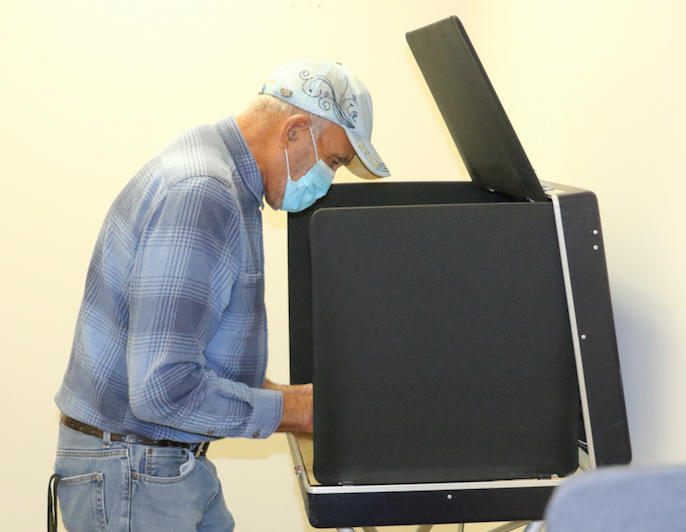No action on watershed ordinance
Published 5:30 pm Saturday, July 27, 2019
No action was taken by the Cumberland County Planning Commission following a discussion about the Cobbs Creek Watershed Protection Ordinance on Monday.
Cumberland Planning & Zoning Administrator J.P. Duncan confirmed the discussion. Following an inquiry by The Herald, Duncan said that the Cumberland County Board of Supervisors would wait for a decision by the planning commission before taking further action.
The planning commission and the board of supervisors held public hearings concerning the ordinance, which includes the permitted uses and prohibited uses for the Cobbs Creek Reservoir.
A memorandum of understanding between Cumberland County and Henrico County was established in 2010, and Henrico began the first phase of building its reservoir in 2015.
The reservoir is estimated to cost a total $280 million. The reservoir would collect water from the James River in order to secure Henrico’s drinking water supply for approximately five decades, according to documentation from Henrico County’s website.
Henrico began paying the county an annual contract payment of $1.13 million in lieu of taxes in 2011.
The $280-million reservoir project is expected to permanently impact 15.3 miles of stream, almost 31 acres of wetlands and 4.6 acres of open water according to the original permit for the reservoir issued by the Virginia Department of Environmental Quality (DEQ).
An item in the ordinance had been a subject of debate. The ordinance listed disposing poultry waste, or poultry litter, as a prohibited use for the other watershed area of the reservoir, which is located outside the reservoir’s buffer pool.
An engineer with the reservoir cited in an earlier Herald report that poultry litter was prohibited in order to protect the possibility of pollution at the reservoir.
Residents, including at-large planning commissioner William Flippen, cited that the ordinance item could have a detrimental effect on nearby agriculturalists in the county, who use poultry litter for hay and other items.
Supervisors during the July Board of Supervisors meeting had other concerns about the ordinance, citing that some items, such as tree removal for site lines, preventing mowing, and swimming or fishing tournaments outside of designated areas may potentially prevent economic development and recreation from taking place at the reservoir.
Following the July 9 public hearing from the Cumberland County Board of Supervisors, supervisors voted to return the ordinance to the planning commission.




